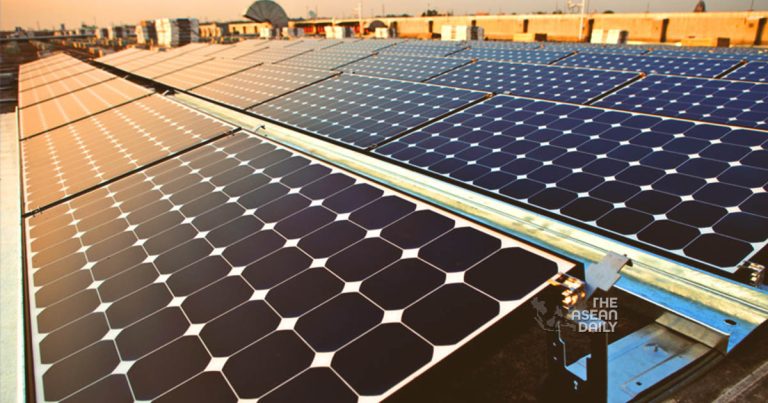2-12-2024 (WASHINGTON) Fresh US tariffs on solar cell imports from Southeast Asian manufacturers are set to reshape the industry landscape, though market analysts suggest the impact may be less severe than initially feared.
The US Commerce Department’s latest ruling, announced on Friday, broadens existing anti-dumping measures to include solar cells, marking a significant expansion from previous restrictions that only targeted finished modules. The decision follows complaints from several manufacturers, including South Korea’s Hanwha Qcells and First Solar, who alleged unfair pricing practices by Chinese competitors.
The new tariff structure imposes varying rates across Southeast Asian nations, with Vietnam facing the steepest duty at 271.28%, followed by Cambodia at 125.37%, Thailand at 77.85%, and Malaysia at 21.31%. These four countries currently account for approximately 80% of America’s solar imports, which reached a record £15 billion in 2023.
Citi analyst Pierre Lau notes that while the market had largely anticipated these measures, they could accelerate the shift towards domestic US production. “Chinese manufacturers expect limited near-term impact, anticipating cost increases will largely be passed to US consumers lacking alternatives,” Lau explained.
Industry experts suggest manufacturers may adapt by redirecting production to unaffected regions such as Laos and Indonesia. WoodMackenzie’s global solar supply chain research head, Yana Hryshko, indicates that manufacturers might also absorb some costs to maintain market competitiveness.
“Manufacturing costs in Southeast Asia remain relatively modest compared to US market prices,” Hryshko noted, adding that Indonesia’s growing domestic market could provide an alternative outlet should future tariffs extend there.
The impact on Chinese module makers varies, with US sales representing between 4% and 10% of their volume but a more substantial portion of earnings. The Commerce Department is expected to issue its final determination on April 18, potentially revising the proposed duties.




